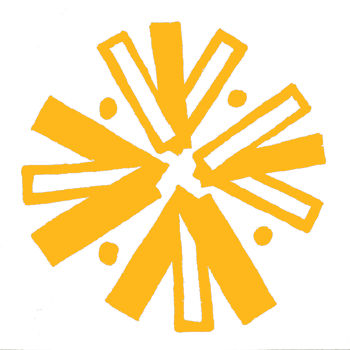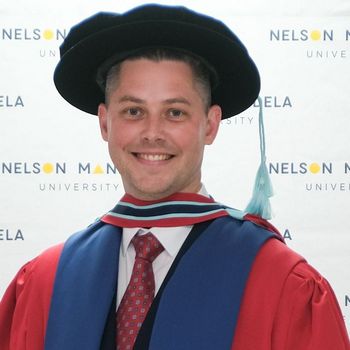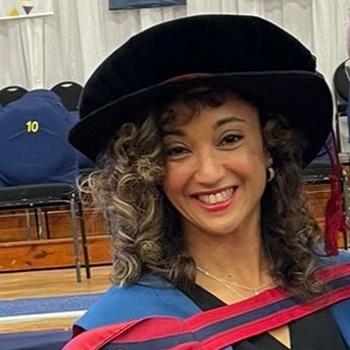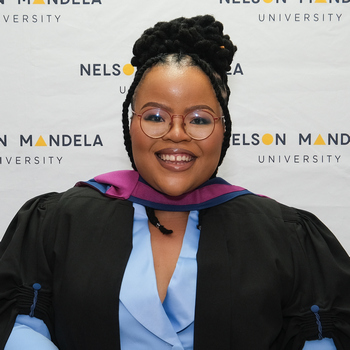Home /
Engagement and Transformation

The Engagement and Transformation Portfolio
Co-creating the transformative, responsive university.
Find out more

Engagement
Engaging and forming partnerships, interacting with stakeholders and reaching out and contributing towards the sustainable development of the communities we serve.
Find out more

Transformation
Promoting institutional transformation through programmatic interventions focusing on the Constitutional principles of human dignity, equality, fairness, non-racism, non-sexism, and redress.
Find out more
*iconography adapted with the permission of artist: Xolela Madlanga
Research and Engagement Entities

Centre for the Advancement of Non-racialism and Democracy
CANRAD provides an intellectual and social space for debate and research on the complexities of post-apartheid South Africa as we seek to establish a new non-racial and democratic social and economic order.
Find out more

Centre for Women and Gender Studies
Framed around the histories of African intellectual traditions in the region, the CWGS seeks to contribute to an inclusive gender programme through research, gender mainstreaming in teaching, advocacy and engagement.
Find out more

Centre for Integrated Post-School Education and Training
CIPSET is a centre of learning, engagement and research excellence through socially engaged public scholarship in the areas of community, vocational and worker education.
Find out more

HIV & AIDS Research Unit
Striving to promote and sustain a collaborative response to the HIV & AIDS pandemic through governance, teaching and learning, research, community engagement and service provision.
Find out more
*iconography adapted with the permission of artist: Pola Maneli
Research Chairs and Institutes

Chair – Critical Studies in Higher Education Transformation
CriSHET's praxis and programmatic work is rooted in the study of higher education through the lenses of critique and critical action, within the orbit of Critical University Studies (CUS) and other radical approaches to the study of the sector.
Find out more

Chair – Youth Unemployment, Employability and Empowerment
Advances cutting edge scholarship on the ways in which skills and Vocational Education and Training (VET) intervene in poverty and unemployment.
Find out more

Transdisciplinary Institute for Mandela Studies
TIMS is a joint project between the University, the Nelson Mandela Foundation and the Human Sciences Research Council to implement the scholarly formulation of the Mandela legacy.
Find out more
*iconography adapted with the permission of artist: Pola Maneli
Strategic Projects and Working Groups

Hubs of Convergence
The HoC offers physical and intellectual spaces to explore, experiment and reimagine the process of engagement between the University and its communities.
Find out more

COVID-19 Coordinating Committee
The CCC coordinates the University's external response to the COVID-19 pandemic in collaboration with a variety of stakeholders, including local and provincial government, civil society, the private sector, and other communities.
Find out more

Food Systems Working Group
The Food Systems Working Group aims to understand, clarify, and map the various existing food system projects and programmes active in the University space, and to explore the potential of connecting - or the convergence of - these projects and programmes to be responsive to the challenges of food and food systems, both locally and globally.
Find out more
*iconography adapted with the permission of artist: Pola Maneli
Engagement and Transformation News
.jpeg?width=350&height=350&ext=.jpeg)
Importance of home language to understand mathematical terminologies
“We speak and think in our home language. When we are unable to express or explain something in English, the language we fall back on is our home language,” said Tintswalo Sambo, who recently graduated with a master’s degree in applied language studies at Mandela University’s autumn graduation.

Improving student success with technology and interdisciplinary collaboration
Using technology, and specifically Building Information Modelling (BIM), to promote criticality through collaborative efforts during all stages of the building design process at higher education level, was the focus of Architecture Head of Department and senior lecturer Dr Jean-Pierre Basson’s doctoral research in Construction Management.

Taking leadership lessons into the workplace
The world of work is changing, and business needs to adapt the way in which leadership development training is done to match the needs of emerging managers.

Relationship management in all-boys schools incorporating LGBTQ perspectives
Increased competition between schools in the education sector and concerns about the importance of inclusion for sustainability within the sector, led to this study investigating relationship management - specifically the experience and perspectives of LGBTQ alumni in all-boys’ schools in the Eastern Cape.